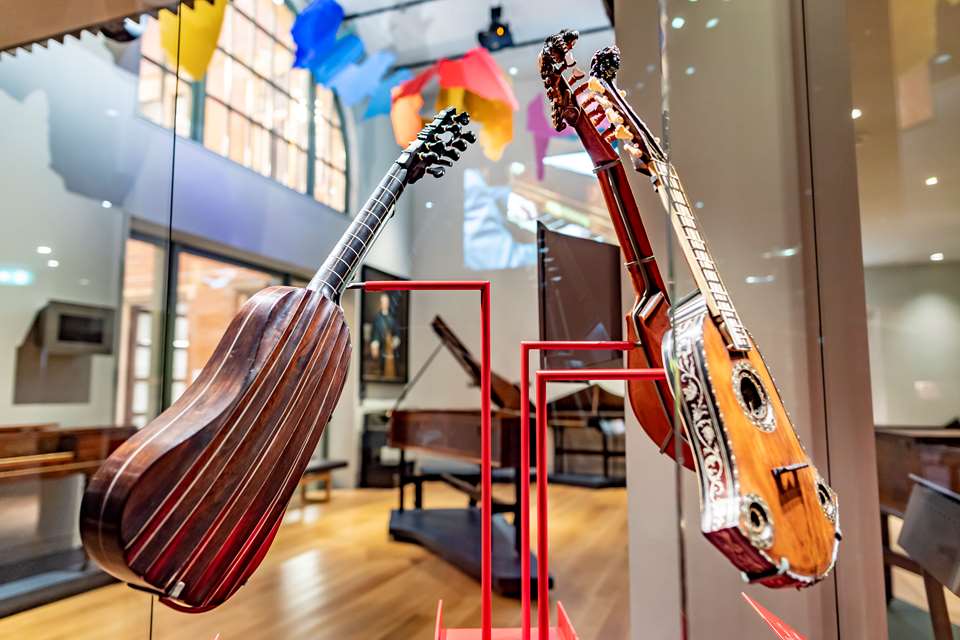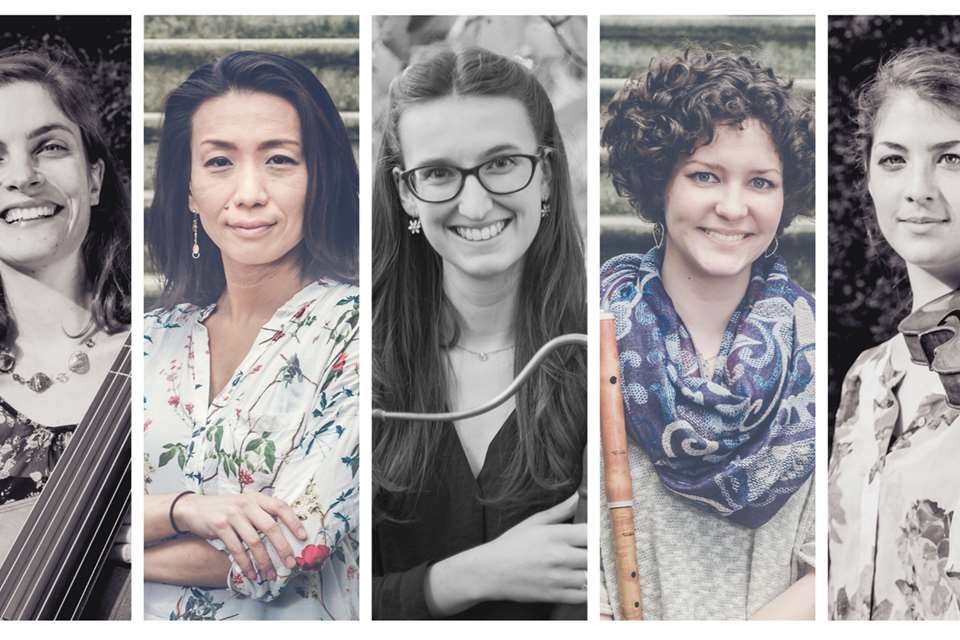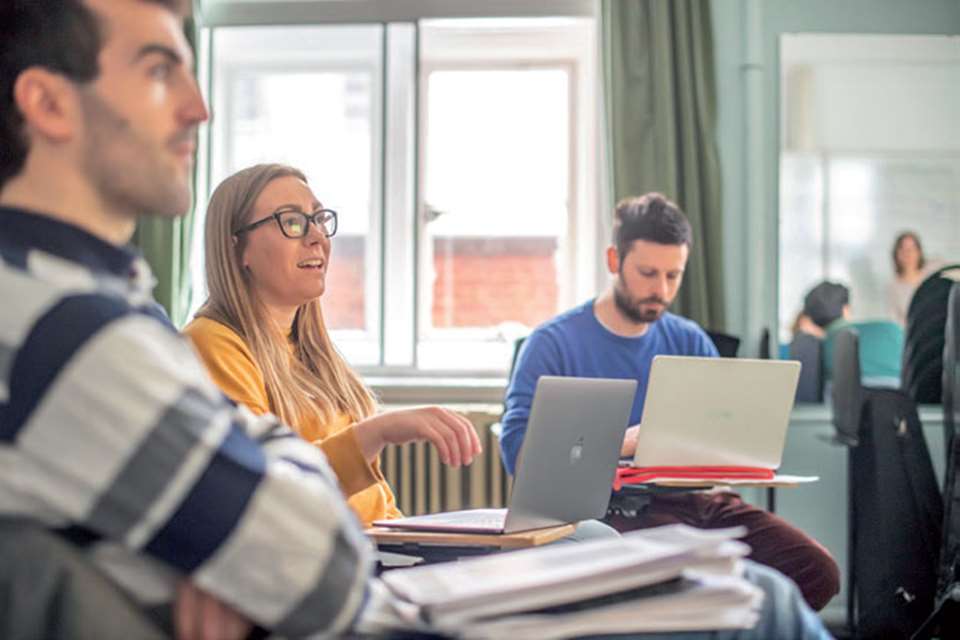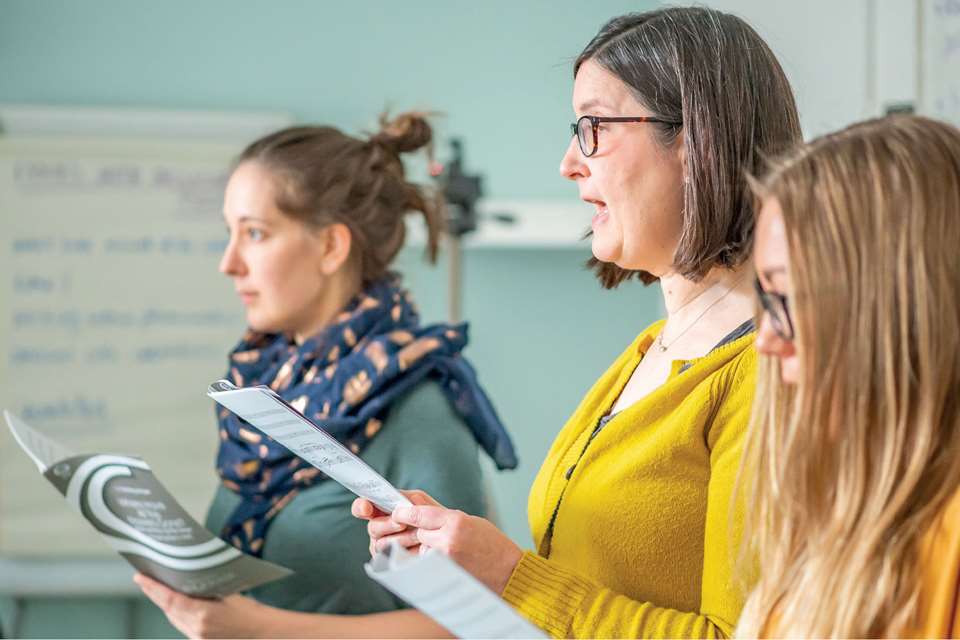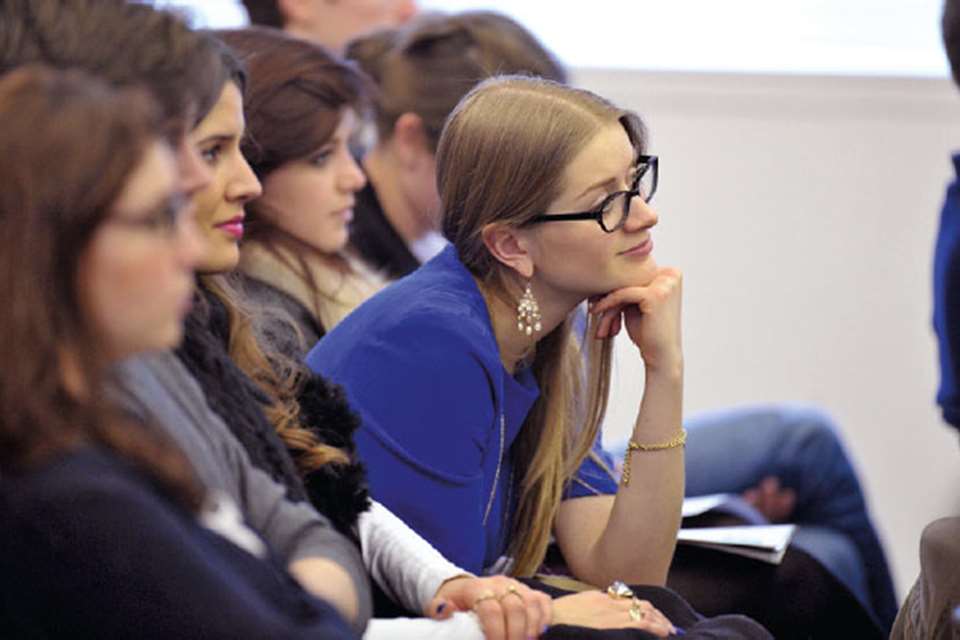RCM's Marie Lloyd: Direction of the wind
Clarissa Payne
Thursday, December 1, 2022
Only a few months into her new role as head of woodwind at the Royal College of Music, Marie Lloyd speaks to Clarissa Payne about her ambitions for the department
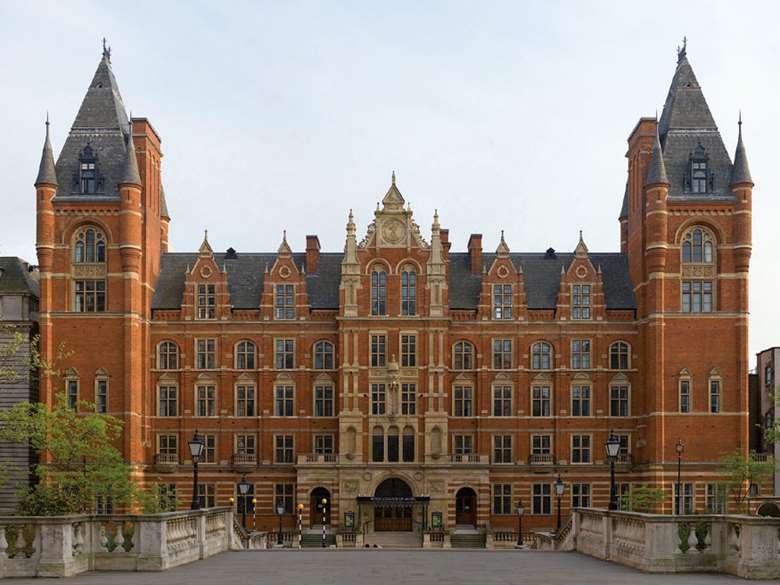
Courtesy Royal College of Music
‘I'm absolutely, totally delighted – it's amazing!’ Clarinettist Marie Lloyd has been head of woodwind at the Royal College of Music since September; two months in, she's telling me about her new role with the enthusiasm of a child given the keys to a sweetshop. ‘The students are all fantastic – and all the professors here are absolutely incredible,’ she adds.
Lloyd's career to date has been rich and varied. She's a long-time member of the Chamber Orchestra of Europe (COE) and has also played with the UK's major symphony orchestras both as guest principal and E flat clarinettist. Her chamber career has seen her playing with the Nash Ensemble and the London Sinfonietta. ‘I've had the most incredible career with COE, which I'm still playing in,’ she says. ‘I've been able to play with the most amazing conductors, like Nikolaus Harnoncourt and Bernard Haitink, who really taught me how to view a piece of music as an overriding arc. It didn't matter what piece Haitink had, everything had this amazing line; his structure and his thought processes behind that were just wonderful. I learned a lot from him.’
She continues: ‘We played a lot with András Schiff; just watching someone of that quality play the piano is amazing – to be very close to that and have his influence.’
Lloyd also pursued a parallel teaching and coaching career, working for many years with clarinettists at the Royal Academy of Music Junior Department and Wells Cathedral School. ‘I've always taught,’ she says. ‘I left college and joined one of the borough music services and taught immediately. Since then, I've always combined teaching with playing.
‘Wells Cathedral School and Junior Academy were two amazing positions, and all my students were fantastic – it was really exciting for me to learn from them as well as me teaching them. I think it's really important that teachers always learn from their students, so that as well as teaching, there's always a batting back and forth of ideas.’
Giving confidence
She's ideally placed, then, to work with the next generation of wind performers and teachers – I ask Lloyd about her plans for the department. She stresses how much she values the work of her predecessor, flautist Simon Channing, and intends to build on it. ‘The woodwind department at RCM is amazing. Simon's done 12 years here, and in that time has created the most incredibly innovative, supportive and encouraging place. It's this wonderful, beautiful arc where I take over something that he created, and then I continue it, and then eventually will hand it over to the next person.’
Lloyd sees the heart of her role overseeing the department's 120 students as giving them the confidence to find their own voices. ‘I want every student to come here knowing that whatever they want to become, we will facilitate that, so that they leave as an amazingly confident but individual musician, well rounded, able to do absolutely whatever the music profession asks of them, and having the sort of imagination to get into a music profession that is evolving all the time.’
She tells me about the instrument-specific clubs the department runs; she's now given all the groups six months to create and perform a public concert. ‘They're curating it and they're commissioning a piece of music for it, all with the support of the professors and the department.’ Through this project, she wants to encourage the students to involve others and to be diverse. ‘Then, you have that knowledge, when you leave, of how to start your own programming and how to make your event exciting. There's space here because you're at a conservatoire – there's space to experiment and see what works and what doesn't; that's what learning's all about.’
I ask Lloyd about finding the space for that freedom to experiment in the conservatoire context, where students are there to pursue excellence and achieve ever-higher standards. ‘I've grown up with Nikolaus Harnoncourt, who's spent his entire life saying, “beauty is at the edge of catastrophe”’, she says. ‘He would literally push us to do the most on-the-edge things just to see whether it worked. In the concert they were never so near the edge – but we'd tried it, we'd experimented it, and we'd had that freedom which meant that when you came to the concert, you still had that freedom within you.’
The clarinettist advises young players starting conservatoire to grasp as broad a range of opportunities as they can. ‘It's the whole person – it's not just about learning to play your instrument with your one-to-one study teacher. There's this huge compass, and if you involve yourself in everything then you'll have the most incredibly rich and rewarding experience here. There's chamber music coaching, there are singing and piano masterclasses, there are things like yoga and meditation – you just have to grab everything like a big bunch of flowers!’
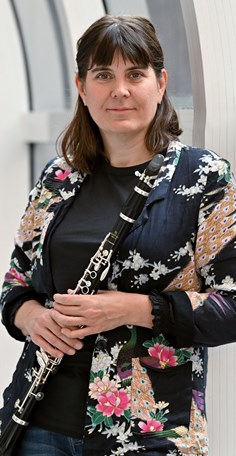 © Chris Christodoulou
© Chris Christodoulou
Space for innovation
Lloyd believes this openness and willingness to take on new ideas is essential for young players leaving conservatoires and entering the music profession. ‘Some people will go straight into an orchestra, some people become freelancers and they combine that with teaching. Maybe they're running their own festivals, maybe doing some sessions. I think when students leave now, they have to be very proactive in finding work – just like I was – but they will be coming out to do pretty much everything that music has to offer. If you send your students out being really open to that then they'll have the most amazingly varied and interesting career.’
Did she feel the music profession was the same as when she graduated? ‘It's the same but different! I think over the course of the last 10 years, there's been an amazing space to create your own groups and to do something very exciting, like Apartment House and the Riot Ensemble and The Hermes Experiment. I think there's real space now to come out of college and be able to do that – there is space within the music profession for innovation, which is exciting for everyone. Students will leave [RCM] being able to jump on that running train.’
I ask Lloyd about her own music education and her conservatoire experience. ‘I was a product of very supportive education where everyone had free school lessons. There was quite a lot of borough-led instrumental teaching and bands, and an amazing youth orchestra,’ she says, adding that her time at conservatoire was ‘amazing’.
‘I went to Trinity [now Trinity Laban] and had the most fantastic teacher in Keith Puddy, who really showed me what it could be like to be a clarinettist. Then I came to RCM for postgrad. The teaching was amazing, but it was really about confidence-giving as well – becoming a confident but collaborative player. That's what I'm carrying on, and what Simon was doing already.’
Lloyd explains how she views the pipeline for future high-achieving students, players and teachers. ‘I think there's more of a realisation that we need to get back into schools – and that's happening. The College has this Sparks programme that goes into hubs and is also training our students to be the teachers who will go into the schools.’
As well as young musicians, Lloyd is keen to continue welcoming the public to RCM, stressing that all the events and masterclasses are open for anyone to attend. ‘There's a wind ensemble concert for International Women's Day on 8 March; we've got a really fabulous programme featuring Eleanor Alberga's Nightscapes, Anna Clyne's Overflow, and some new commissions.’
At the heart of Lloyd's busy and varied work is a simple wish and expectation for the young wind players coming to RCM: ‘I want them to become the individual musician that they want to be.


